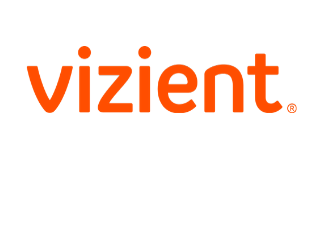In This Blog Post
According to the National Assessment of Adult Literacy (NAAL), only 12% of adults in the US have proficient health literacy. That means nearly nine out of ten adults lack the ability to understand and effectively manage their health and healthcare needs.
When communication breaks down in a healthcare setting, patients, caregivers, and providers all pay a price: poorer outcomes, higher stress, and greater risk.
Add language barriers to the equation (an issue for approximately 22% of the US population), and the obstacles to patient safety, compliance, and trust increase even more dramatically.
That’s why every October, healthcare organizations nationwide recognize Health Literacy Month, reminding us all that clear communication is the key to better patient care.
Health literacy isn’t just about reading levels or medical jargon. It’s about empowering every patient — regardless of language, culture, or background — to fully understand their health information so they can make informed decisions about their treatment.
Read on to learn more about why health literacy and language services are integral to care, and how Language Services Associates (LSA) can help you guarantee equitable language access for better health outcomes for your patients.
Why Improving Health Literacy is Essential for Patient Safety
In the US, over 67 million people speak a language other than English at home. For these individuals, the quality of their healthcare largely depends on the language access available to them.
That’s because when patients don’t understand their medical instructions, the consequences can be dire: missed appointments, incorrect medication usage, delayed treatment, preventable hospital readmissions, and more. Limited English proficient (LEP) patients and Deaf or Hard-of-Hearing individuals face even greater risks without proper communication support.
In fact, data from the Joint Commission’s Sentinel Event Database reveals that almost 59% of major adverse events in healthcare arise from failures in communication.
And LEP patients are typically readmitted at a significantly higher rate than English-speaking patients or those who have access to a qualified medical interpreter. Medical safety experts from CRICO Strategies found that:
Almost 59% of major adverse events in healthcare arise from failures in communication
Among 23,000 malpractice claims, 7,000 were attributed to communication breakdowns
Leading to $1.7 billion in malpractice costs and around 2,000 preventable fatalities
All of this is assuming they get care at all. Many patients with LEP often avoid seeking medical assistance due to the complexity of medical literature and the unavailability of easily understandable information in their language.
In the current diverse healthcare environment, health literacy and language access are closely linked. Achieving one is impossible without the other.
The Language Access-Health Literacy Connection
Health literacy requires clear communication in a patient’s preferred language. This goes beyond simple translation — it calls for cultural understanding, contextual awareness, and real-time support.
Yet many healthcare organizations struggle to meet these needs. Staff may rely on ad hoc interpreters, face delays in connecting with qualified professionals, or lack access to services in the right languages and modalities. These gaps put patients at risk and strain caregivers and providers alike.
That’s where professional language services come in.
An experienced LSP equips providers with dependable translation and interpretation across the languages their communities speak, delivered in the ways that work best for their teams and patients. That might include telehealth services, video remote interpreting available on demand, Epic integration for smooth workflows, or AI interpretation to handle routine encounters such as check-ins or appointment scheduling. With the right support, healthcare organizations can make language access a foundation for stronger health literacy and better outcomes.
Practical Steps for Healthcare Providers During Health Literacy Month
To advance health literacy and equity, providers can take simple but powerful steps:
Ask patients what language they prefer for both spoken and written communication.
Provide translated discharge instructions and medication information.
Use professional interpreters instead of relying on family members or bilingual staff.
Ensure materials are written in plain language and are culturally appropriate.
Integrate language services directly into workflows — from EHR to telehealth visits.
How LSA Supports Health Literacy
As a full-service language access provider, LSA supports healthcare organizations in meeting the goals of Health Literacy Month and putting them into practice year-round.
With secure technology for phone and video interpretation, an easy-to-use interpretation app, and integration with systems like electronic health records (EHRs) and telehealth platforms, LSA’s technology supports health literacy every day of the year.
LSA’s medical interpreters undergo a rigorous selection process, with only 1 in 40 applicants meeting its high standards. And with more than 30 years of experience, LSA has worked alongside healthcare providers in hospitals, clinics, and community health centers to make language access dependable and effective.
By improving communication at every step —from check-in to discharge — LSA helps providers reduce risks, strengthen trust, and create more equitable experiences and outcomes.
Our solutions include:
On-demand and scheduled professional interpreters help providers and patients communicate accurately during medical encounters, promoting understanding and trust.
- Over the Phone Interpretation (OPI): Provides on-demand interpretation in nearly 300 languages, accessible 24/7/365 via a toll-free number or the LSA App.
- Video Remote Interpretation (VRI): Offers instant access to live video interpreters in over 55 languages, including ASL, through the LSA App, with integration capabilities for telehealth and conferencing platforms.
- Onsite Interpretation (OSI): Provides in-person interpretation for situations requiring physical presence, available in nearly 300 languages and accessible via the LSA Client Portal for scheduling and management.
- American Sign Language (ASL): Delivers ASL interpretation services both onsite and via video, with RID-certified interpreters available 24/7/365 to support communication for Deaf and Hard of Hearing individuals.
Written materials such as consent forms, discharge instructions, medication guides, and patient education documents are translated to ensure patients know exactly how to follow their care plans.
AI + Human Hybrid Solutions
- AI Video Translation & Dubbing: Translate and dub videos into 70+ languages while preserving the original speaker’s voice and expressions. Ideal for training, education, marketing, and corporate communications.
- AI Machine Translation+: Delivering faster, more affordable translations than standard human-driven methods, AI translates the content using your linguistic resources, and a professional reviews it for accuracy.
- AI Interpretation: Streamline high-volume, everyday interactions, while professional interpreters handle complex or sensitive conversations.
Easy access to interpreters makes digital care as accessible as in-person visits.
LSA’s audio and video services are available in Epic for more than 750 healthcare organizations to integrate directly into their workflows. LSA has also earned its designation in the Epic Toolbox, underscoring its commitment to delivering reliable language access services for healthcare systems worldwide.
Evaluate your bilingual staff’s language proficiency and interpreting abilities to confirm employees meet organizational and regulatory standards such as the Joint Commission and Section 1557 of the ACA.
By combining advanced technology with professional expertise, LSA helps healthcare providers reduce errors, improve outcomes, and meet compliance standards such as HIPAA, HITECH, and CMS regulations.
Closing the Gap Between Health Information and Patient Understanding
At its heart, health literacy is about dignity. Every patient deserves to understand their health and make choices with confidence. When organizations commit to language access and understanding, they create a future where healthcare is safer, fairer, and more compassionate.
At LSA, we partner with healthcare providers to help patients fully understand their care journey, no matter what language they speak.




